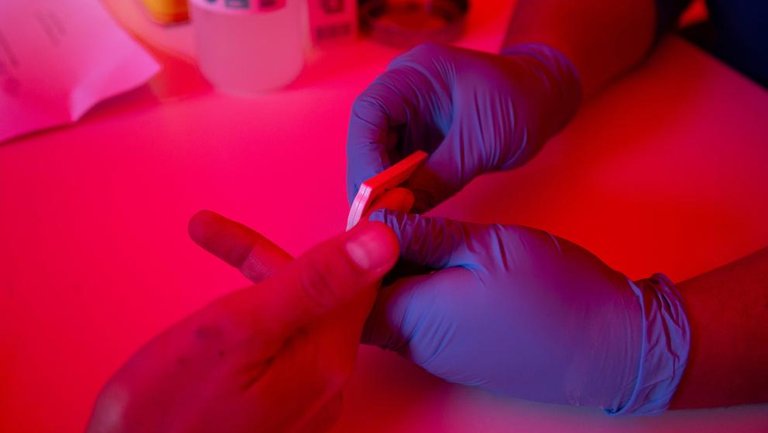The researchers are optimistic but warn that there are still no guarantees of their effectiveness.

The AIDS vaccine is closer than ever. A team of researchers reported Saturday that the first tests performed have shown encouraging progress, after the experimental vaccine tested provokes an effective immune response against the HIV virus in humans.
In a statement in The Lancet, virologist Dan Barouch, director of the study, was very optimistic about the results of the trials. "They represent a milestone," he said, although he warned along with other experts that there is no guarantee that the following tests were so positive. "We must be cautious," he said in statements by AFP.
It was tested in 393 healthy, HIV-free adults aged 18 to 50 in East Africa, South Africa, Thailand and the United States
The study has, however, concluded that the vaccine is safe for humans and advanced enough to launch a test on 2,600 women in South Africa.
Before conducting a test in humans, the experts tested the vaccine in macaques and it was effective in two thirds of the total sample. After the good results, the vaccine was tested on a sample of 393 healthy adults, without HIV, between 18 and 50 years old in East Africa, South Africa, Thailand and the United States.
Some received one of the possible combinations of vaccines or a placebo, through four injections in 48 weeks. These combinations were made from different types of HIV virus, which became sufficiently harmless, in the hope of eliciting an immune response.
The tests also concluded that the vaccine is safe for humans. Only five participants reported adverse effects, such as abdominal pain, diarrhea, dizziness or back pain.
In another study, these same vaccines offered protection to two-thirds of the 72 macaques to which the researchers attempted to inoculate the virus.
Experts are optimistic but doubt that it is the definitive vaccine
The specialists have received the news with optimism. The expert François Venter of the University of Witwatersrand (South Africa), told AFP the "need" to find the definitive vaccine against AIDS.
French Jean-Daniel Lelièvre, from the Vaccine Research Institute, was cautious about the study. "This is probably not the final vaccine, but it can be a phenomenal advance." According to him, "in the best of cases," this research will produce a vaccine that can be administered in "almost 10 years."
Some 37 million people are living with HIV or AIDS, according to the World Health Organization, and every year another 1.8 million are hired. Since it was first diagnosed in the early 1980s, the disease has killed about 35 million people.
Despite medical advances in the prevention and treatment of the disease, researchers insist on the need to find measures to prevent infection, such as protection during sexual intercourse, use of new syringes or medical sterilization equipment.
✅ @cambiandoelmundo, I gave you an upvote on your post! Please give me a follow and I will give you a follow in return and possible future votes!
Thank you in advance!
Esta bueno el post hermano pero usa tags que existan para que tus publicaciones sean vistas por los demas este articulo por ejemplo deberia tener los siguientes tags: health new success life, no se si me entiendes eso lo colocas cuando haces el post en la parte donde dice etiqueta
Gracias @el-poty. Saludos.